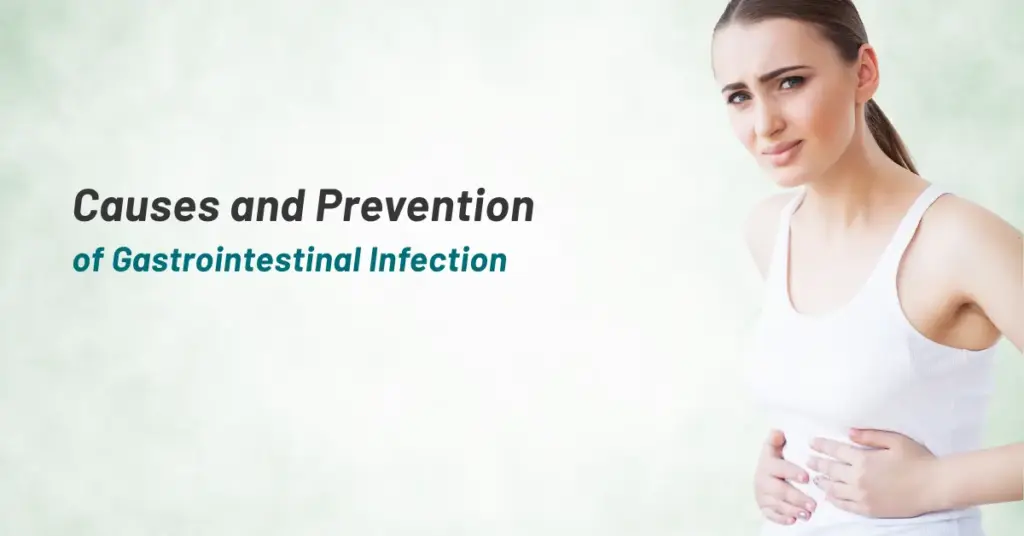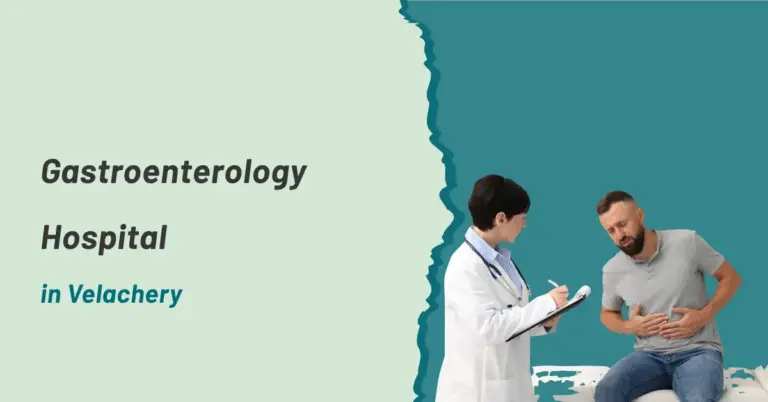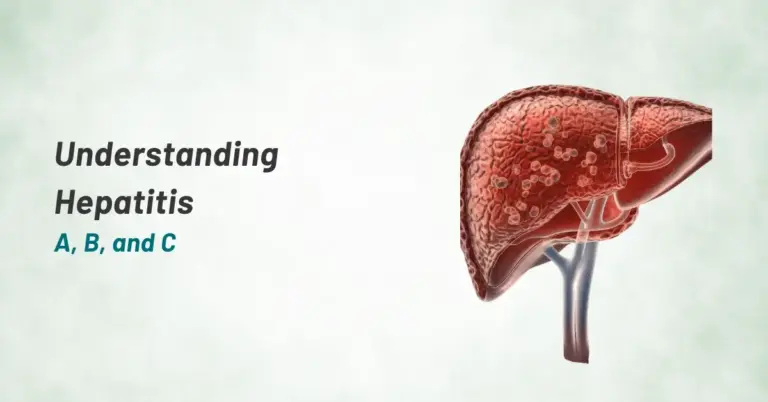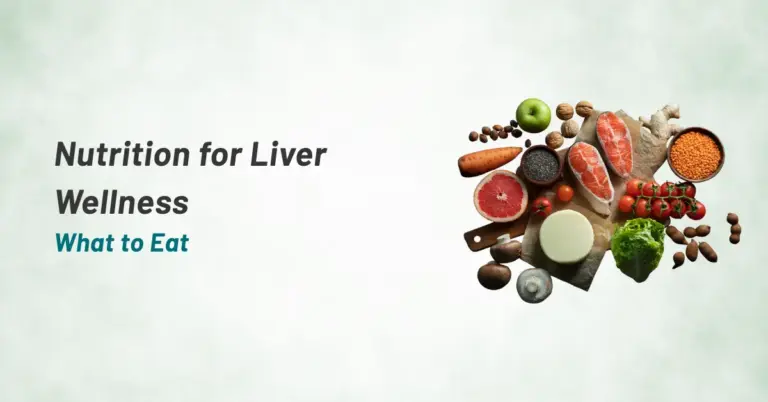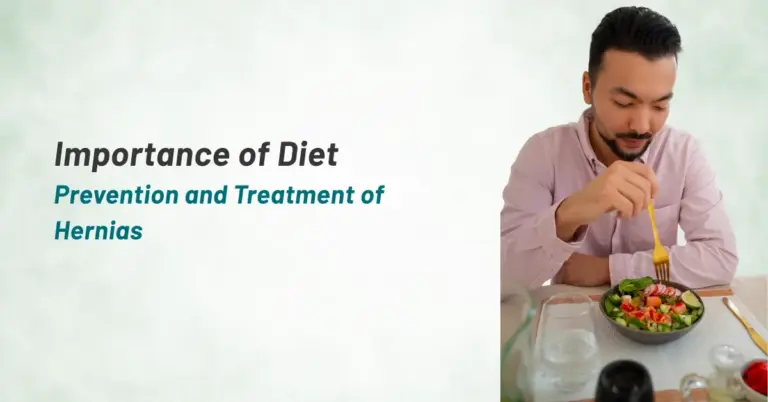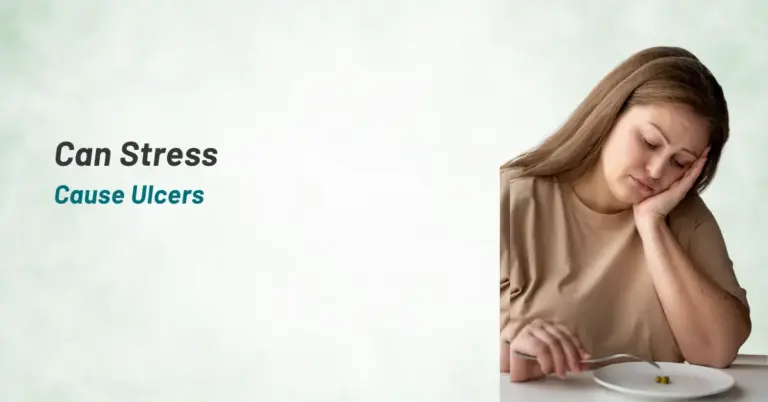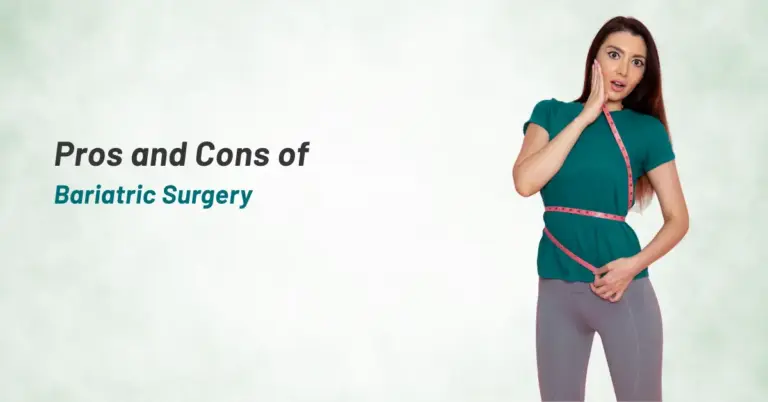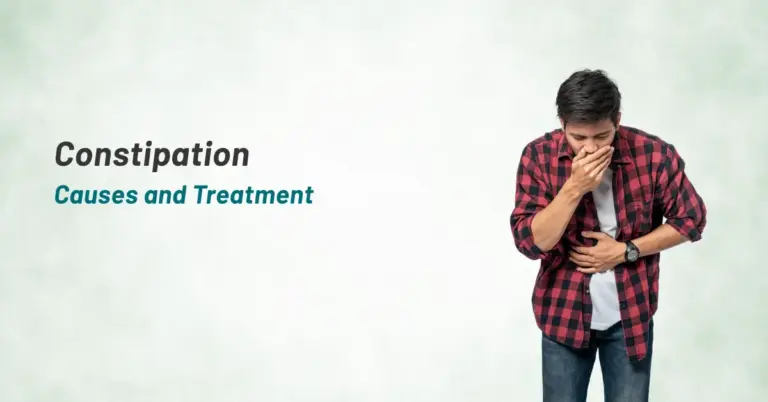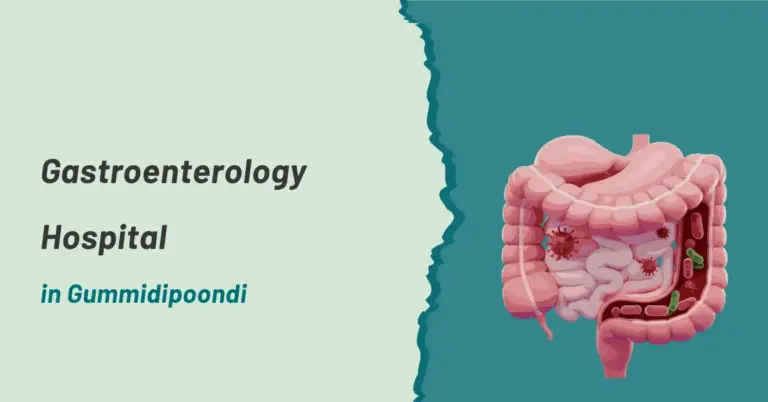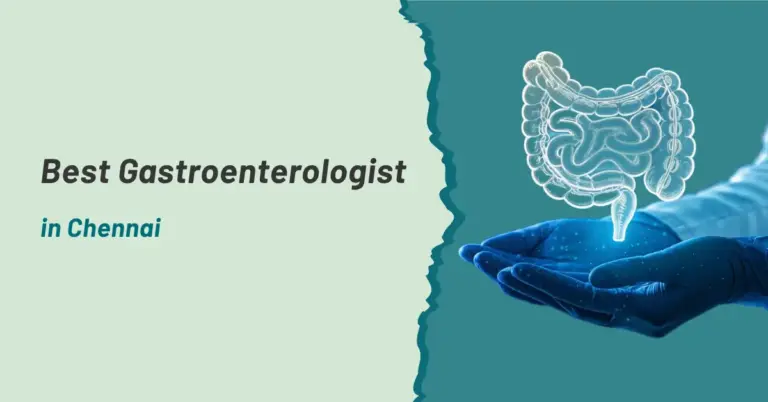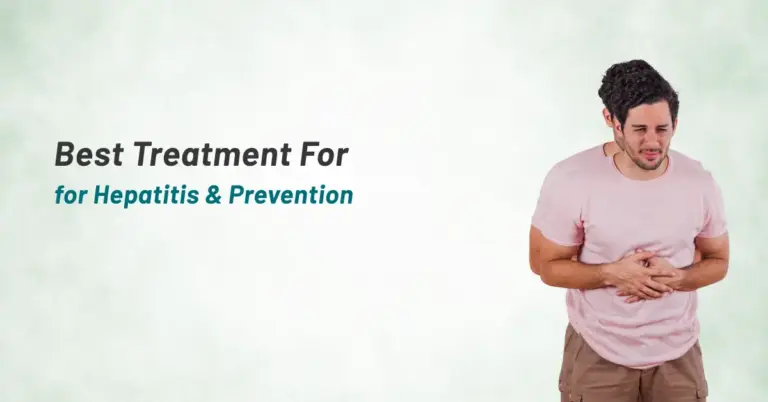Stomach infections, also called gastrointestinal infections, happen when harmful bacteria invade the digestive system. These infections cause inflammation in the stomach and intestines and are often triggered by contaminated food, water, or close contact with infected people. Gastroenteritis, a general term for these conditions, includes several bacterial infections, each with unique signs and symptoms. Understanding gastrointestinal infection causes helps families prevent and manage these infections effectively.
What is a Gastrointestinal Infection?
A gastrointestinal tract infection refers to inflammation in the digestive system caused by bacterial, viral, or parasitic pathogens. Common gastrointestinal tract infection causes include:
- Consuming undercooked or contaminated food, such as raw meat and eggs
- Drinking untreated or contaminated water
- Poor hygiene or improper handwashing
Bacterial infections in the intestines can spread rapidly through direct contact or contaminated surfaces. Knowing gastrointestinal infection causes is crucial for prevention and timely care.
Common Causes of Gastrointestinal Infections
Here are some common types of gastrointestinal infections and their causes. Understanding these gastrointestinal infection causes can help families take preventive measures.
Bacterial Infections
E. coli – E. coli bacteria normally live in the intestines of people and animals. Most strains are harmless, but some produce toxins that can cause abdominal cramps, vomiting, and bloody diarrhea. E. coli spreads through contaminated food or water, especially if it comes into contact with animal manure. It can also spread through direct contact with an infected person.
Salmonella – Salmonella infections usually occur from eating raw or undercooked poultry, meat, and eggs. Most infections lead to gastroenteritis, causing stomach cramps, diarrhea, and sometimes fever.
Viral Infections
Norovirus – Norovirus is a leading cause of foodborne illness worldwide. It spreads easily among people in confined spaces like schools or daycare centers. Contaminated food and water are common sources, and direct person-to-person contact can also transmit the virus.
Rotavirus – Rotavirus is a common cause of viral gastroenteritis in children globally. Children often get infected by touching objects contaminated with the virus and then putting their hands in their mouths. Vaccines are available in some countries to protect against rotavirus.
Parasitic Infections
Giardiasis – Giardia is a parasite that spreads through contaminated water or close human contact. It is resistant to chlorine and can survive in swimming pools, lakes, and streams, causing diarrhea and stomach discomfort.
Cryptosporidiosis – Cryptosporidium is a microscopic parasite and a major cause of waterborne gastrointestinal illness. Its protective outer shell allows it to survive outside the host and tolerate chlorine, making untreated or contaminated water a key source of infection.
By knowing these gastrointestinal infection causes, families can take steps like washing hands regularly, drinking safe water, and ensuring food is properly cooked to reduce the risk of infections.
Symptoms of Bacterial Gastroenteritis
Symptoms of a bacterial infection in the GI tract vary depending on the bacteria involved but often include:
- Loss of appetite.
- Fever or chills.
- Fatigue and muscle pain.
- Headaches.
- Blood in stools.
- Diarrhea and abdominal cramps.
- Vomiting and nausea.
If symptoms persist for more than two days, consult a doctor immediately. Severe cases may lead to dehydration or complications.
Treatment for Gastrointestinal Infections
Most bacterial gut infections resolve within a few days with hydration and self-care. Severe or persistent symptoms may require:
- Stool Tests: To identify the cause of the infection.
- Rehydration Therapy: Intravenous fluids and electrolytes to prevent dehydration.
- Antibiotics: Administered in severe bacterial infections or when symptoms do not improve.
Self-care Tips:
- Stop eating solid foods temporarily.
- Avoid dairy, caffeine, alcohol, and highly seasoned or fatty foods.
- Stay hydrated with water, clear broths, or oral rehydration solutions.
- Gradually reintroduce easy-to-digest foods like bananas, rice, and toast.
- Get plenty of rest to aid recovery.
- Avoid non-steroidal anti-inflammatory drugs (NSAIDs) as they may worsen symptoms.
Preventing Gastrointestinal Infections
Proper hygiene and food safety are key to reducing infections. Tips for prevention of gastrointestinal infection include:
- Wash Hands Frequently: Especially before eating, preparing food, and after using the restroom.
- Cook Food Thoroughly: Ensure all meats, poultry, and eggs are fully cooked.
- Avoid Untreated Water: Drink bottled or boiled water, especially when traveling.
- Clean Kitchen Surfaces: Disinfect surfaces after handling raw meat or chicken.
- Wash Fresh Produce: Rinse fruits and vegetables thoroughly.
- Avoid Direct Contact: Keep a distance from infected individuals.
- Rotavirus Vaccination: Protect infants and children from gastroenteritis caused by rotavirus.
Understanding gastrointestinal infection causes and following preventive measures greatly reduces your risk.
When to See a Doctor
Seek medical attention if:
- Symptoms persist beyond two days.
- You notice blood in your stools.
- Symptoms are severe, including high fever or signs of dehydration.
- You experience recurring stomach infections.
Why Choose Prashanth Super Specialty Hospital?
At Prashanth Super Specialty Hospital, Chennai, our expert gastroenterologists provide a full range of consultative and diagnostic services. From minor intestinal infections to complex gastrointestinal conditions, we focus on advanced, minimally invasive treatments for safe and effective recovery. We also guide families on prevention of gastrointestinal infection and lifestyle practices to maintain digestive health.
Conclusion
Bacterial infections of the intestines can disrupt daily life, but with early diagnosis and proper care, recovery is usually quick. Recognizing gastrointestinal infection causes, maintaining hygiene, practicing safe food habits, and following vaccination guidelines are key to protecting your digestive system. For persistent symptoms or complications, consult the gastroenterology specialists at Prashanth Super Specialty Hospital for personalized care.

